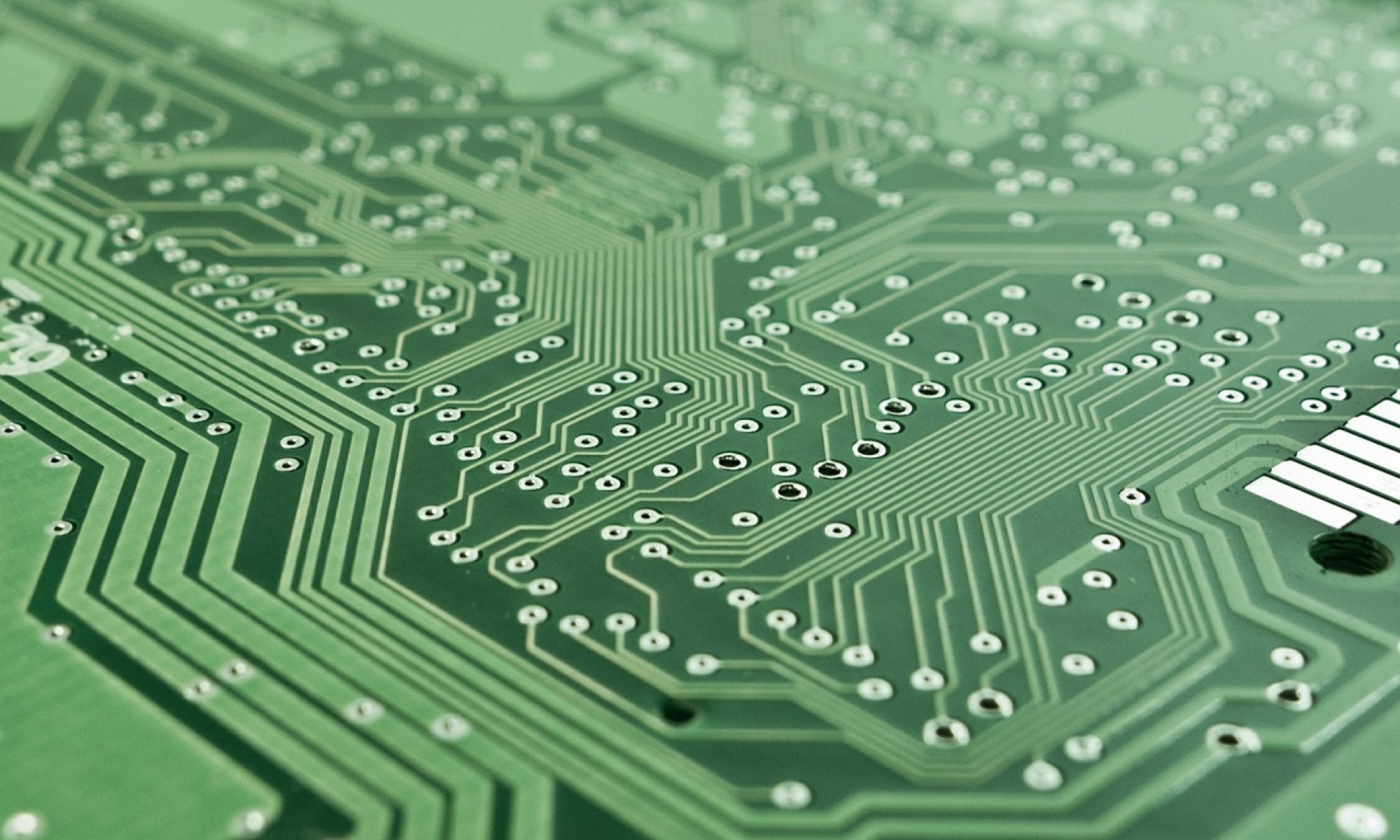Note: This post was written by SEI staff member, Amy Cade.
February’s Electronics & Sustainability: Design for Energy and the Environment Symposium highlighted some great work and ideas given by experts in the field sustainable electronics.
In hopes of continuing the discussion I am posting a multi-part series addressing different topics raised at the symposium.
The first part can be viewed here. This, the second post of this series, will address issues posed before manufacturers/designers.
It is always exciting to hear lectures from someone in your field let alone those talking about something you are truly interested in. But I don’t think you had to be a designer to enjoy Rajib Adhikary’s presentation at the Electronics & Sustainability: Design for Energy and the Environment Symposium. Mr. Adhikary is a design strategist for Dell Inc. He has been working in the industrial design field for 15 year and has a unique background contributing to his global problem solving approach to sustainable electronics.
